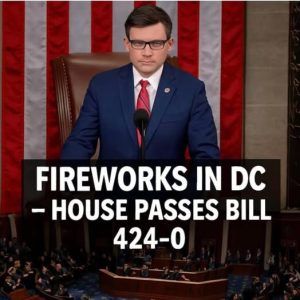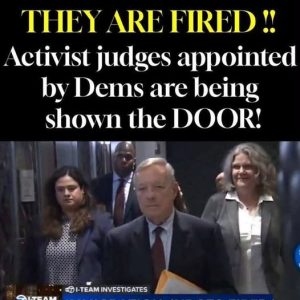Former President Donald Trump has publicly urged Senate Republicans to take bold action to end the government shutdown, which has entered its 30th day. Through a post on his platform (Truth Social), he called for using the so‑called “nuclear option” — that is, eliminating the Senate filibuster rule so that legislation can pass with a simple majority instead of the usual 60 votes. He framed the shutdown as a failure by Republicans to act, accusing his party of allowing Democrats to “hold the country hostage” while federal services, furloughs, and international confidence in U.S. governance suffer.
Trump criticized Senate Republicans for their inaction, saying they should seize the majority power they currently hold rather than defer to Democratic demands for a larger spending package or for negotiation leverage. He argued that by scrapping the filibuster, Republicans could pass a funding bill and reopen the government immediately rather than remain stalled in procedural gridlock. He also contended that Democrats would gladly end the filibuster if the tables were turned, and that Republicans’ failure to use it now was a strategic error.
But within the GOP, reactions to Trump’s proposal are mixed and largely skeptical. Senate Republican leadership — including John Thune — reaffirmed their opposition to abolishing the filibuster, citing its role in maintaining minority rights and protecting the institutional integrity of the Senate. Some Republican senators, however — such as Tommy Tuberville and Josh Hawley — indicated openness to a filibuster carve‑out or even full repeal in the context of the shutdown. Ultimately, despite Trump’s insistence, the lack of unified Republican support means the “nuclear option” remains unlikely in the immediate term.
The shutdown’s consequences are tangible and mounting: federal workers remain furloughed or unpaid, critical programs such as SNAP (food assistance) face disruption, and public frustration is growing. Trump’s intervention adds urgency, but it also raises a broader question: will Republicans abandon long‑standing Senate norms to reopen the government, or will the standoff continue while procedural traditions hold firm?





